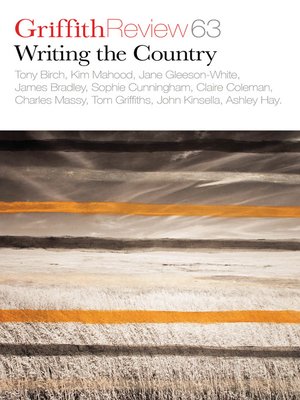
Sign up to save your library
With an OverDrive account, you can save your favorite libraries for at-a-glance information about availability. Find out more about OverDrive accounts.
Find this title in Libby, the library reading app by OverDrive.



Search for a digital library with this title
Title found at these libraries:
| Library Name | Distance |
|---|---|
| Loading... |
The environmental vocabulary of our times requires dramatic terms: extinctions and endings; tipping points and collapses; bottlenecks and cascade effects. In recent years the genre applied to stories of place has morphed from 'nature writing' through 'new nature writing' to 'post-nature writing', and the relationship between people and their environment has shifted from one of innocence to one of anxiety.
Is this simply an urban age? Or is it fundamentally different? Is this the anthropocene, capitalocene, eramocene, homogenocene? And is it still possible to dream of ecotopias somewhere further down the track?
Whatever the labels or language, how we speak of and to the world we live in requires us to make sense of where we are and where we're going, describing, interrogating and analysing from the smallest to the grandest of scales.
In the second issue of Griffith Review, published in 2004, Melissa Lucashenko wrote of 'earthspeaking, talking about this place, my home'. All these years later, the need to hear all sorts of earthspeak has perhaps never been more urgent.







